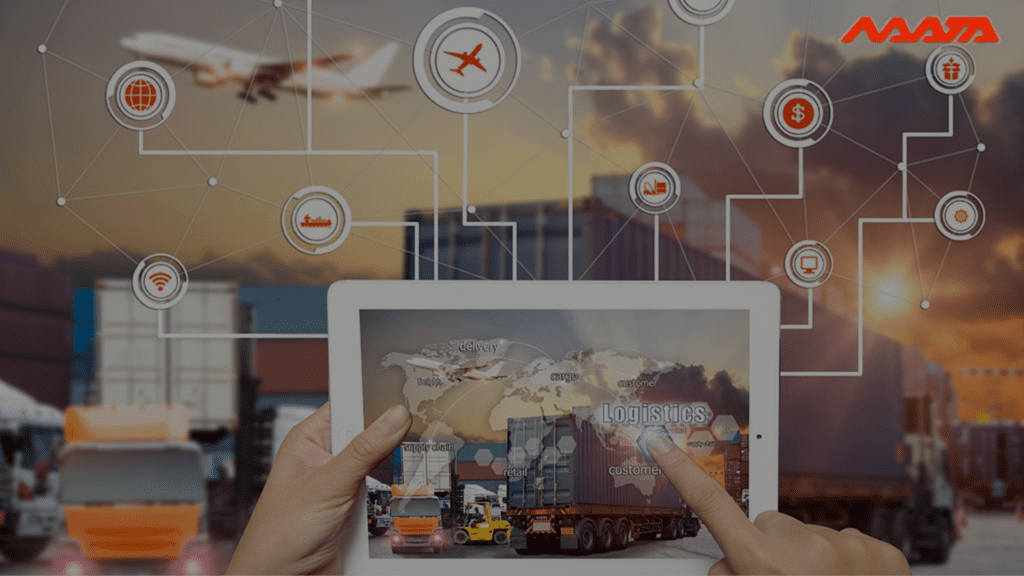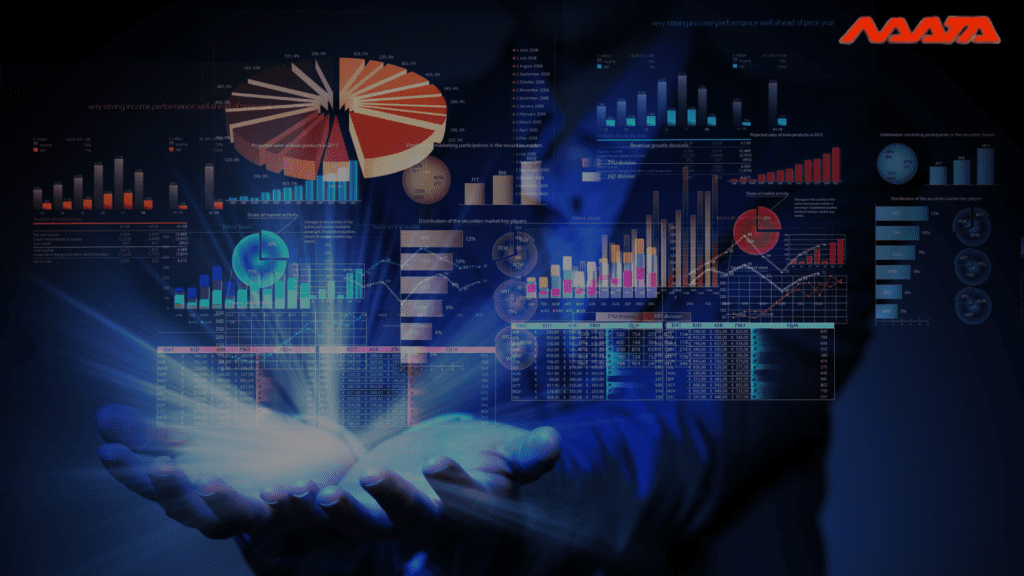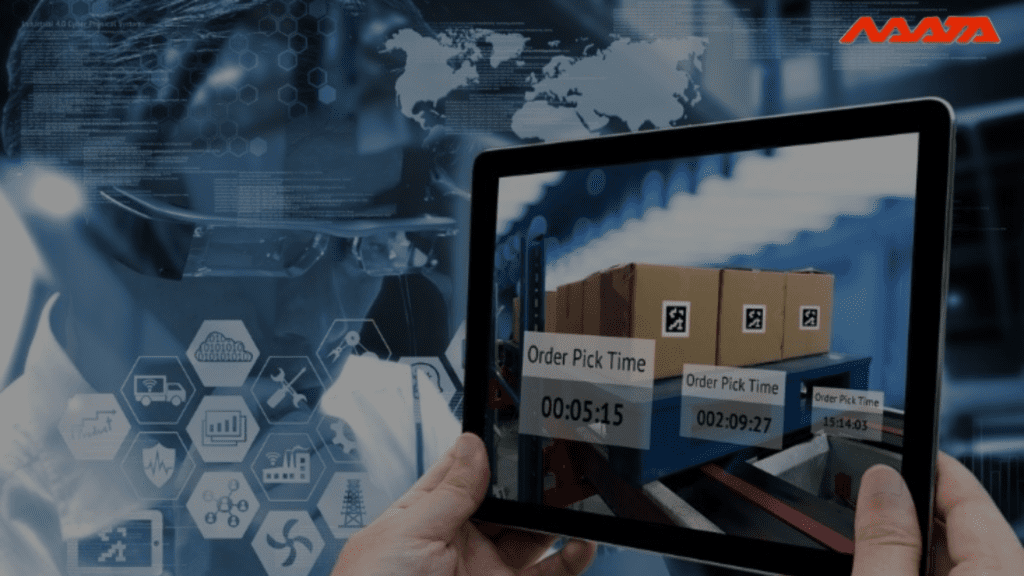11 Importance of Data Science In Logistics
Table of Contents
Data Science In Logistics
With antiquated and inflexible equipment and machinery, the logistics business was unable to maximise output, profit, or customer pleasure. This was until recently. But things are starting to change. Logistics is a fantastic case study for Data Science because of the rapid advancements in digital technology, changing consumer tastes, and the popularity of e-commerce. Revolutionizing the LSP industry will be greatly aided by using analytics, relevant data, artificial intelligence (AI), and machine learning (ML).
One area where data scientists can have a significant impact is logistics, where they can reduce waste and improve delivery routes (which can lead to lower costs), select carriers that use best practises for reducing CO2 emissions and accurately forecast supply and demand cycles. They can also ensure that hazardous materials are handled with extreme care. Humankind can profit from the power of data, and data scientists are in a position to do so.

Importance of Data Science in Logistics
Increasing The Operational Efficiency
Maintaining operational standards and getting rid of operational inefficiencies are two significant aims to work toward. The use of data allows one to monitor and analyse how activities are evolving over time. If you have operational data and expertise in data science, you will be able to monitor and assess key performance indicators (KPIs) such as cost, value, services, and waste at regular intervals. This will allow you to avert catastrophes and take remedial action. As a result, the efficiency of these measures will improve, and they will also become more transparent.
Improving Forecasting
In order to obtain more reliable results from forecasting models using current forecasting methods such as single or multiple regression, time series analysis, etc., where the mean absolute error is typically over 25%, it is necessary to deal with a larger number of variables and analogies. Improving forecasting The field of data science may help improve forecasting by enabling the collection of data in real-time and the rapid and precise analysis of data coming from a variety of sources.
You May Also Like To Read: Artificial Intelligence in Logistics Industry
The Use of Big Data May Enhance Both The Logistical Operations and The Experience of The Client
We live in a society that prioritizes the needs of consumers and where instant gratification is expected. Because of this, we are always trying to better ourselves and the manner that we do business in order to accommodate the requirements of the market. The availability of large amounts of data gives a chance to improve performance in all areas. Companies that deal with logistics often face difficulties while attempting to automate and optimize their services.
According to the findings of a poll conducted by 3PL, “70% of logistics organizations believed that the greatest use of big data would be to route optimization.” The use of data science in this context has the potential to strengthen client loyalty, provide more precise consumer segmentation, and improve customer service. It will also accelerate the development of customer relationship management strategies. Big Data will give a thorough picture of consumer needs as well as the quality of the service, which can be utilized to enhance product quality.

Route Optimisation
The technique of determining the quickest path to a certain point is known as route optimization. Vehicle routing problem (VRP) avoids issues such as determining the most efficient path to deliver an item to the client Routing algorithms take into consideration data such as the number of items requested and their location, as well as how often they are ordered. Information on the nearest vehicle can be provided quickly thanks to data science techniques..
The number of orders, the weather, the route’s average speed, fuel usage, and the amount of time may all be used to spot trends. Big Data may also be used to better understand how people travel. The sensors installed on cars provide environmental data that may be used to assess pollution levels, noise levels, and other aspects of traffic flow. According to the statistics, route optimization may cut CO2 emissions by 10% to 30%, boost mileage by 8% to 20%, reduce labour expenses by 20% to 70%, and save planning and management time by 15% to 70%.

Improved Delivery of Products
Because cosmetics and perishables are very perishable, it is difficult for logistics businesses to develop an effective transportation network. In contrast, a temperature sensor coupled with artificial intelligence can detect the ideal settings for delicate commodities and change the environment to guarantee that the goods stay fresh.
Also Read: Trucking management and automation
A Network of Data That is Linked to One Another
The logistics industry leaves a trail of market knowledge behind it, and buried within that trail are prospects for further advancement. Data science makes it possible to extract insights that may be put into action, providing a competitive edge.
Upgrading Warehouse Management
The field of data science offers novel approaches to the administration of warehouses, which enables businesses involved in logistics to reduce their expenses. An investigation of the loading, transporting, and delivering processes may result in the development of more efficient strategies.
You May Also Like To Read: Navata Goes Digital to Ensure a Hassle-Free Payment Experience
Risk Assessment
It is necessary to monitor and forecast the occurrence of events and processes that have the potential to disrupt supply chains. The field of data science contributes to the development of a resilient transport model by making use of data, intelligently forecasting disruptions, and notifying the relevant parties afterwards.
End-to-end Visibility
It will be much simpler to assure end-to-end visibility throughout the supply chain when data science and analytics are paired with information obtained from sensors, together with real-time monitoring and 5G technology.
Big Data Has The Potential To Reduce Costs And Contribute To Improved Supply-chain Planning.
Few organisations in the logistics industry have made the investment required to make use of big data to get insights from which they may take action in order to improve supply-chain planning. The vast majority of businesses have not given any thought to the potential benefits that data science might bring to their operations. The majority of companies do not have the time or finances to engage in educating their employees.
Smart Warehouses and Market Forecasting
The logistics of the supply chain include transportation as only one component. Before being delivered to their final location, goods are often kept in a warehouse where they can be accessed easily. Both perishable commodities (such as vegetables, meat, and medicines) and hazardous materials need to be stored in a certain environment, complete with a certain temperature and appropriate packaging. Wastage and damaged products not only have an adverse effect on a company’s bottom line, but also pose a potential risk to the customer’s health and safety.
This is true even if an agreed-upon proportion of product loss has already been included. Data scientists that specialize in logistics and supply chains may assist in the development of a smart warehouse system that enables automatic warnings to be set up for temperature sensors in the warehouse. The temperature may then be changed automatically for various regions of the warehouse, or authorized staff can manually modify the ambient conditions. Both of these options are available.
In addition, a trained data scientist in logistics and supply chains can give more accurate market forecasting with the use of predictive analytics. This allows them to watch supply vs demand, which ultimately results in a reduction in loss caused by an overabundance or undersupply of goods.
Such forecasts can also be automated and extended to vendor analysis, for example, predicting which vendors are the most reliable in terms of payment, pickup, delivery, complying with national and international regulations, and so on. This type of forecasting can be automated and extended in a number of ways.

Thanks For Reading: 11 Importance of Data Science In Logistics
Powered By 360Presence




